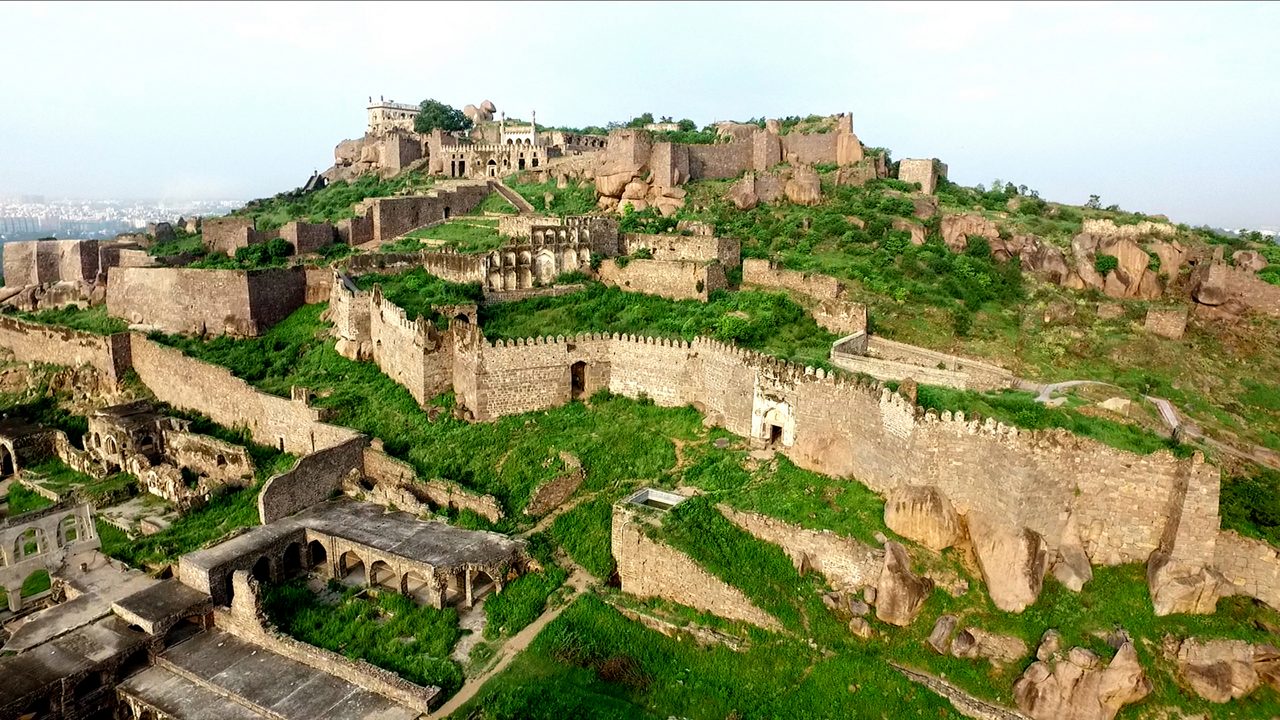Potti Sriramulu: The Martyr Who Paved the Way for Linguistic States in India
Potti Sriramulu (1901–1952), remembered as one of India’s most significant freedom fighters, played a decisive role in shaping the country’s linguistic and federal framework. His sacrifice, through a historic fast unto death, directly led to the creation of Andhra State, setting a precedent for the reorganization of Indian states along linguistic lines.
Born on 16 March 1901 in Madras Presidency (now Andhra Pradesh), Sriramulu pursued his education in engineering before joining the freedom struggle under the influence of Mahatma Gandhi. A follower of Gandhian principles, he actively participated in the Salt Satyagraha, Quit India Movement, and other campaigns against colonial rule.
While his role in the independence struggle is widely acknowledged, it was his commitment to the cause of linguistic identity and self-determination that made him a historic figure. Disturbed by the cultural neglect faced by Telugu-speaking people under the then Madras Presidency, Sriramulu demanded a separate state for Telugus. In October 1952, he began a fast to press for this demand.
After 58 days of fasting, Potti Sriramulu died on 15 December 1952, sparking massive protests across Andhra regions. His death led to widespread unrest and public mobilization, forcing the Government of India to announce the creation of Andhra State in October 1953, with Kurnool as its capital. This was the first state in independent India formed on a linguistic basis.
Historians and political analysts often describe Sriramulu’s sacrifice as a turning point that compelled the Union government to re-examine the federal structure. The demand for linguistic states gained momentum, eventually leading to the States Reorganisation Act of 1956, which reshaped India’s political map.
Today, Potti Sriramulu is honored as a martyr for linguistic rights, with institutions, districts, and public memorials named after him. His legacy continues to influence debates on regional identity, federalism, and cultural autonomy in India.
Also read
Last Updated on: Wednesday, October 1, 2025 1:40 pm by Economic Edge Team | Published by: Economic Edge Team on Wednesday, October 1, 2025 1:40 pm | News Categories: Lifestyle


